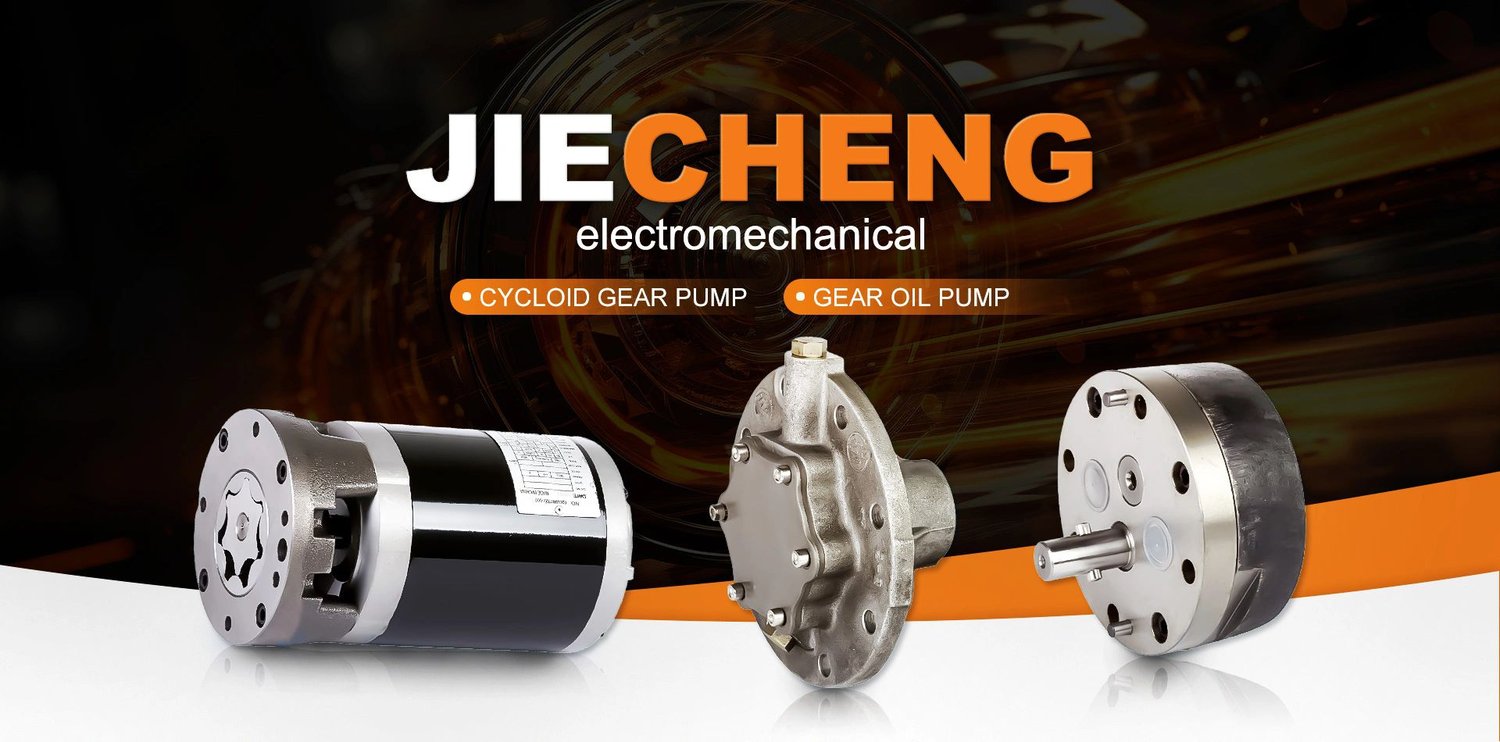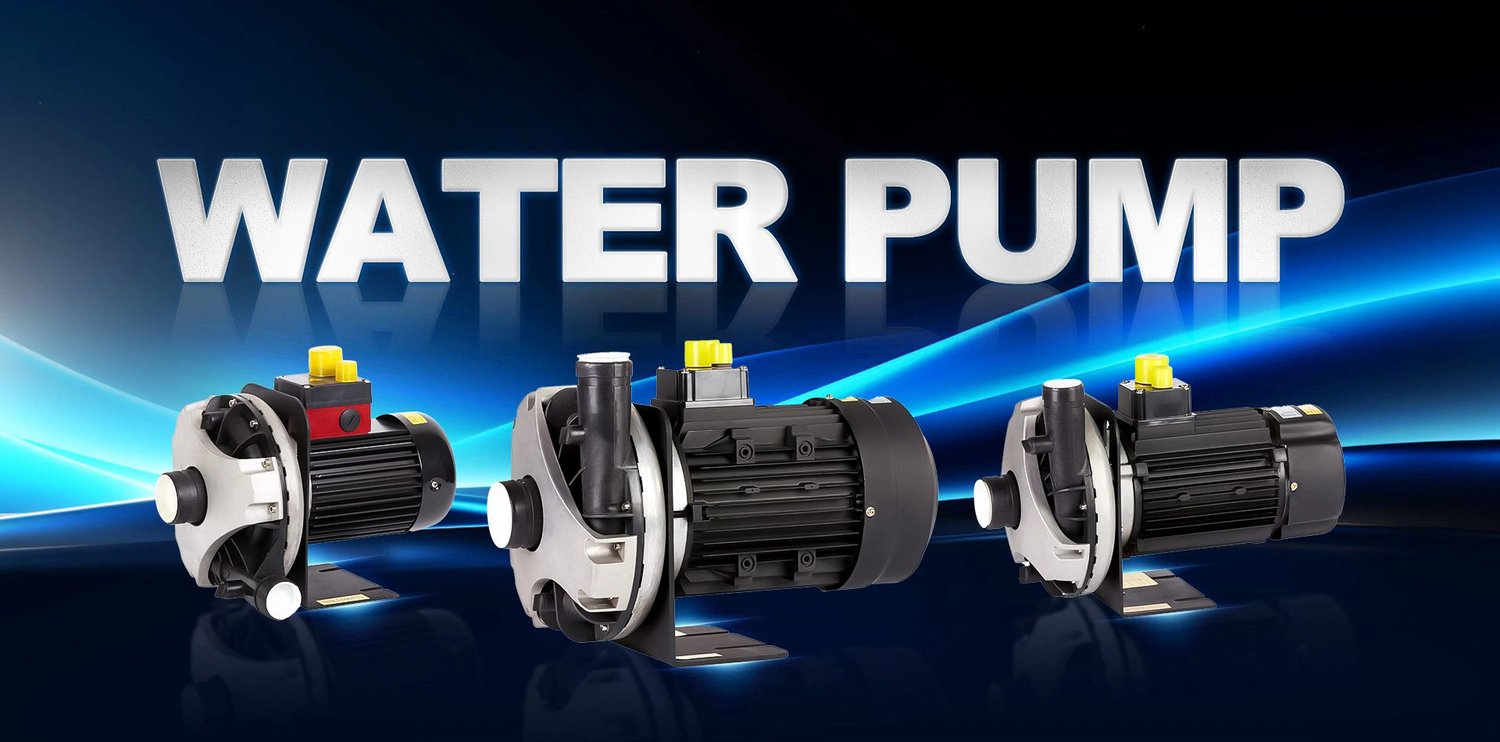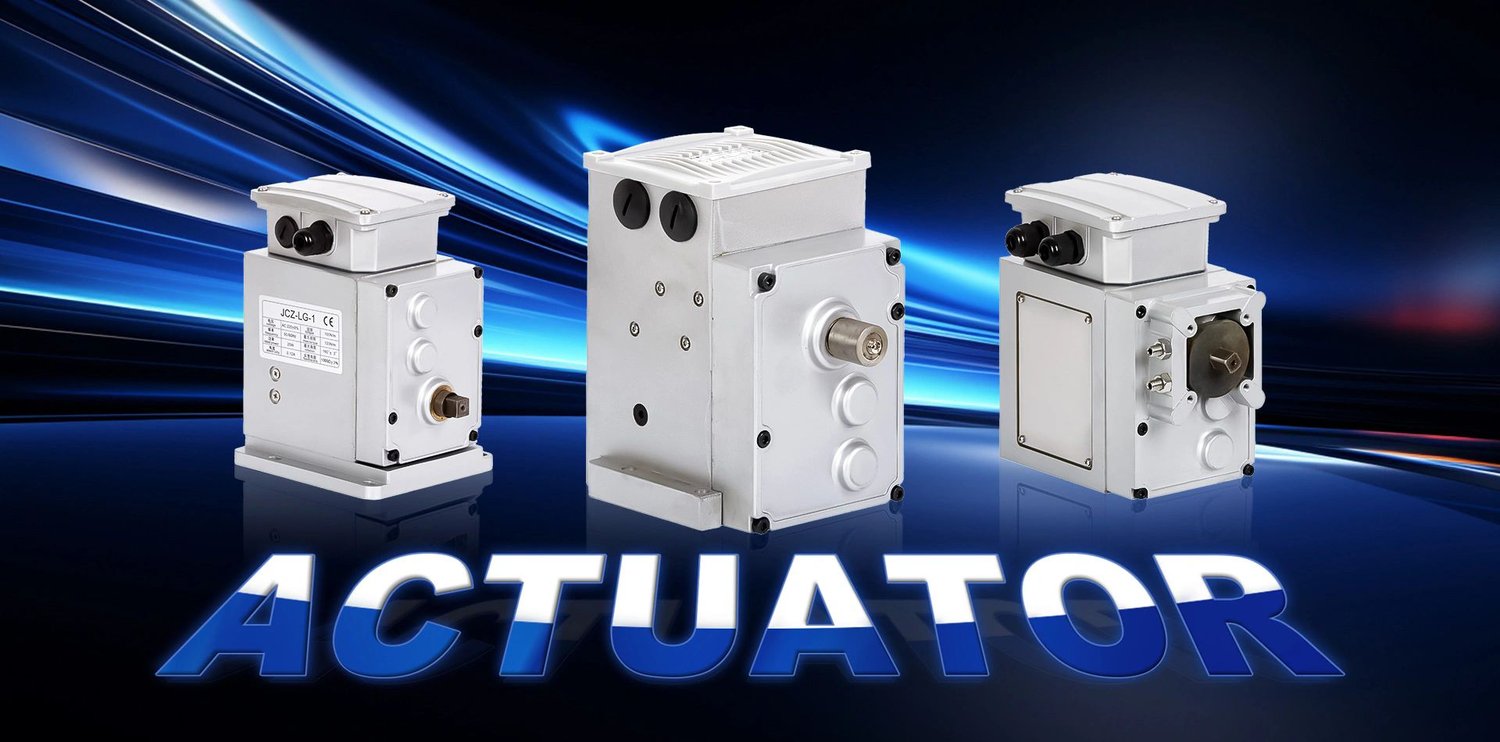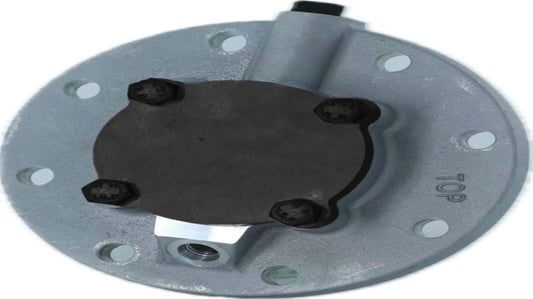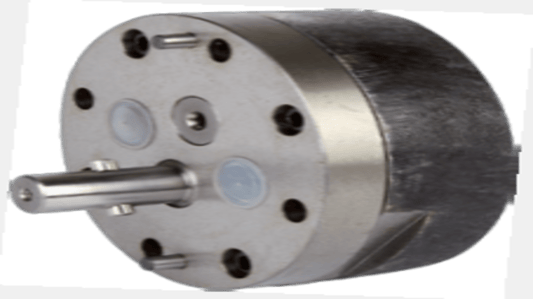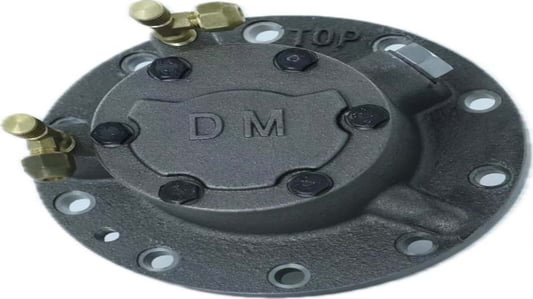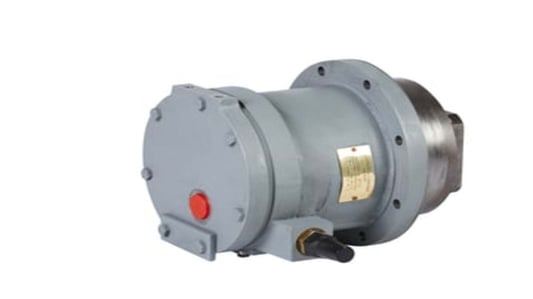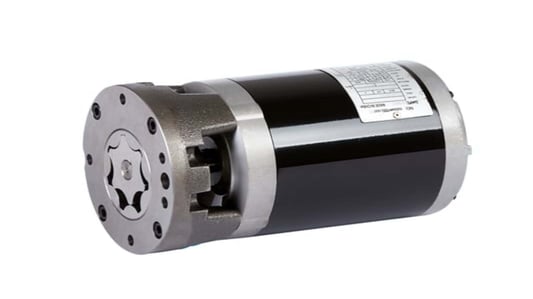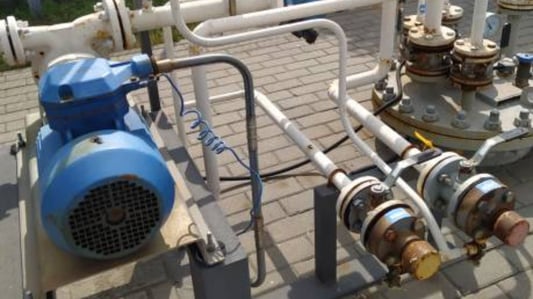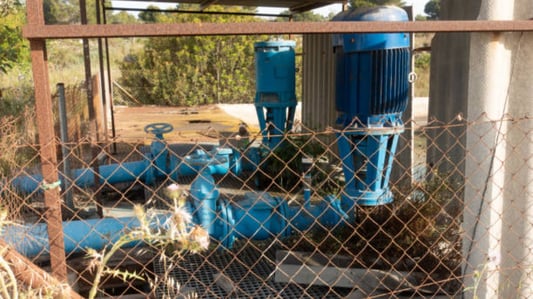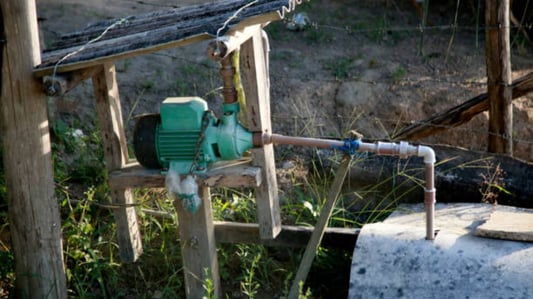What is a centrifugal oil pump?A centrifugal oil pump is a type of pump that uses centrifugal force to move oil from one place to another. It is commonly used in industrial applications where a large volume of oil needs to be circulated quickly and efficiently. The pump works by converting mechanical energy from a motor into kinetic energy in the fluid being pumped.Benefits of Centrifugal Oil PumpsOne of the main benefits of centrifugal oil pumps is their high efficiency and reliability. They are able to operate continuously for long periods of time without the need for frequent maintenance. In addition, these pumps are able to handle a wide range of volumes and pressures, making them versatile for various applications.How Centrifugal Oil Pumps WorkCentrifugal oil pumps operate by spinning an impeller that forces oil to the outer edges of the pump casing. This creates a vacuum at the center of the impeller which draws more oil into the pump. The oil is then pushed out through a discharge outlet at high pressure, ready to be circulated through the system.Types of Centrifugal Oil PumpsThere are several types of centrifugal oil pumps available, including single-stage pumps, multi-stage pumps, and self-priming pumps. Each type has its own set of advantages and is designed for specific applications. Single-stage pumps are commonly used for low-pressure applications, while multi-stage pumps are ideal for high-pressure systems.Applications of Centrifugal Oil PumpsCentrifugal oil pumps are widely used in various industries such as oil and gas, automotive, manufacturing, and agriculture. They are used to circulate oil in engines, hydraulic systems, and lubrication systems. These pumps are essential for ensuring proper functioning and longevity of machinery and equipment.Factors to Consider When Choosing a Centrifugal Oil PumpWhen selecting a centrifugal oil pump, it is important to consider factors such as flow rate, pressure requirements, material compatibility, and power source. The pump should be selected based on the specific needs of the application to ensure optimal performance and efficiency.Maintenance of Centrifugal Oil PumpsProper maintenance is essential for ensuring the longevity and efficiency of centrifugal oil pumps. This includes regular inspection of the pump components, checking for leaks, and replacing worn-out parts. Routine maintenance will help prevent costly repairs and downtime in the long run.Advancements in Centrifugal Oil Pump TechnologyWith advancements in technology, centrifugal oil pumps have become more energy-efficient and compact. New materials and manufacturing processes have improved the durability and performance of these pumps, making them ideal for modern industrial applications. Manufacturers continue to innovate and improve centrifugal pump designs to meet the growing demands of the industry.Choosing the Right Centrifugal Oil Pump for Your ApplicationTo choose the right centrifugal oil pump for your application, it is important to consult with a pump specialist who can assess your specific needs and recommend the best pump for the job. Factors such as system requirements, budget constraints, and long-term maintenance should be taken into consideration when selecting a pump.ConclusionIn conclusion, centrifugal oil pumps are essential for various industrial applications that require the efficient circulation of oil. These pumps offer high efficiency, reliability, and versatility, making them ideal for a wide range of applications. By understanding how centrifugal oil pumps work and considering important factors when selecting a pump, you can ensure optimal performance and reliability in your system.Quote InquiryContact us

